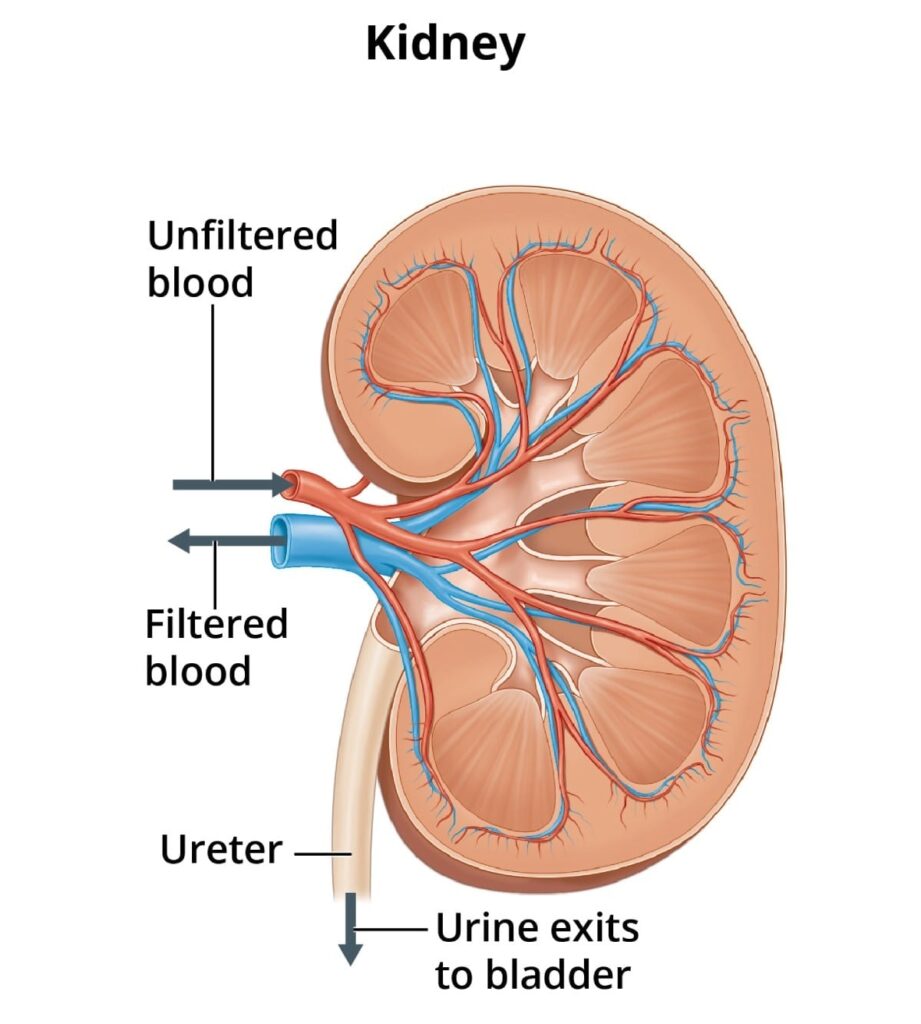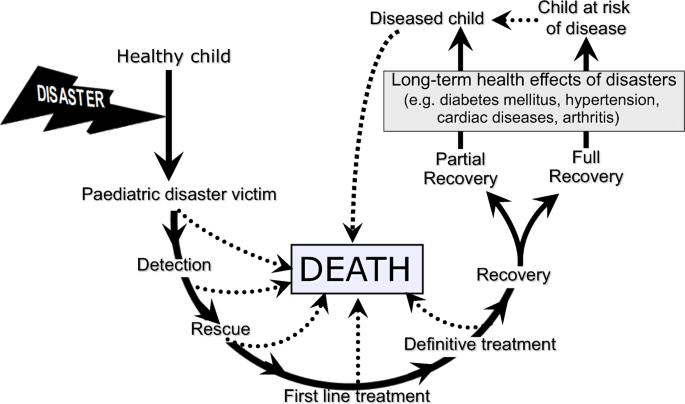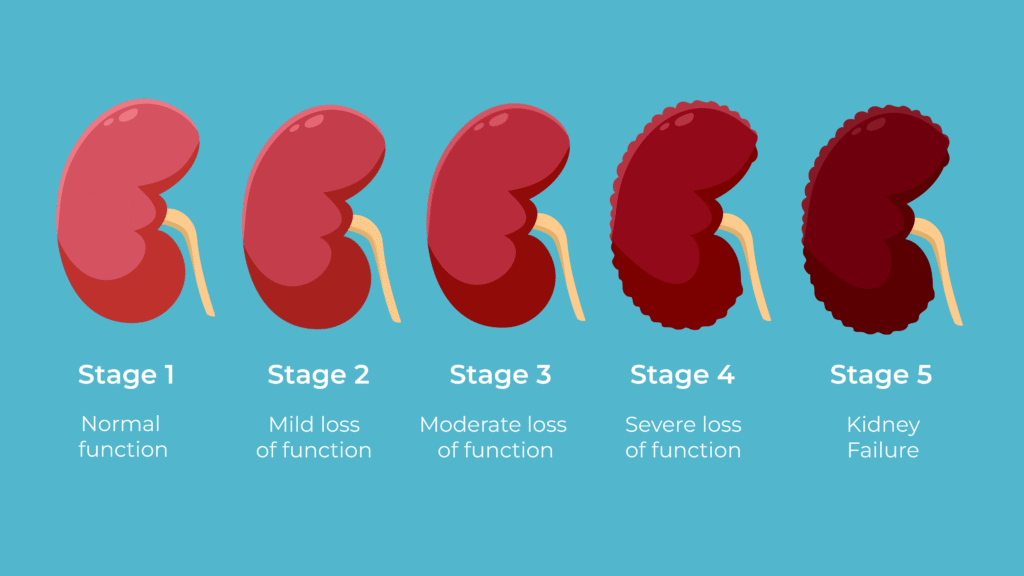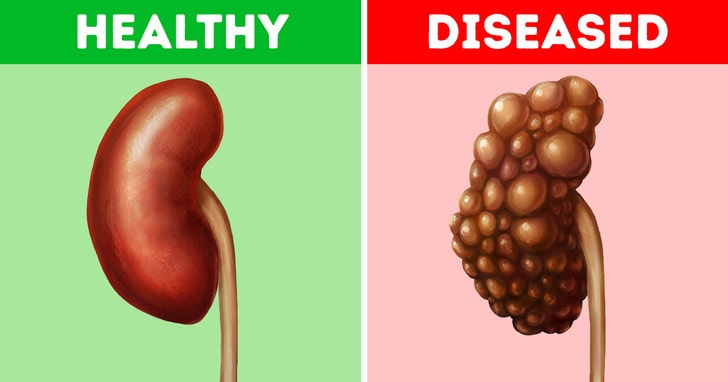What to Expect in the Final Stages of Chronic Kidney Disease (CKD): 13 Signs and Symptoms of Death.
Hi, how are you all doing?
I’m here to help you go through the end of your life more easily.
Most people don’t know what to expect when someone with kidney disease gets to the final or end stages of the illness, or what signs to look for when someone is dying of renal failure. This video will talk about the last stage of kidney failure and the 13 signs and symptoms that someone is dying of end-stage renal disease, which is also known as kidney failure. At the end, I’ll also give you a rough idea of when someone with end-stage kidney disease or kidney failure who is under hospice care will die.
We can better understand those 13 signs of dying from renal failure if we know what the kidneys do and what is truly happening to them and the body.
Understanding Kidney Function
What Do the Kidneys Do?
- The kidneys are key organs that keep the body in balance. One of their many critical jobs is to filter the blood. The kidneys get rid of extra things the body doesn’t need and waste products while they filter the blood. We pee these substances out, which helps the body get rid of toxins.
- The kidneys also make sure that the electrolytes in our bodies stay at the right amounts so that everything works properly. The kidneys also help keep the fluids in our bodies in balance by changing how much urine they make. This is very important because it helps keep people from getting dehydrated or having too much fluid in their bodies. Having too much fluid in the body is also bad; it can hurt you.
- The kidneys also help keep the acid-base balance in check. This is where things get a little scientific, but the kidneys basically govern the pH of the blood, which is how acidic or alkaline it is. The blood’s acid-base balance keeps it working normally and keeps you healthy in general..

- Also, the kidneys play a big role in keeping blood pressure under control. The main system in our kidneys that controls our blood pressure is turned on. Last but not least, the kidneys make important hormones that control our vitamin D levels, blood pressure, blood volume (the amount of blood in our bodies), and even other electrolytes. The kidneys also do most of the other endocrine jobs.
- So, we think of the kidneys as critical organs since they have so many important jobs that keep our bodies working
Types of Kidney Conditions
Acute Kidney Injury vs. Chronic Kidney Disease

Chronic kidney disease (CKD) and acute kidney injury (AKI) both affect how the kidneys work, but they have quite different causes, symptoms, and ways of getting worse.
Chronic renal disease is a long-term condition that causes the kidneys to slowly and steadily lose their ability to work normally over time. This is a permanent loss of function; harm cannot be undone. In most cases, this decline in kidney function happens slowly and over time. It’s always there, and it can take years for symptoms to show up as the condition gets worse.
Stages of Chronic Kidney Disease
There are five phases of kidney disease.
- Stage one is usually normal to slight harm
- Stage two means that the kidneys are still working regularly, but they are not as good as they used to be.
- Stage three is split into two parts: 3A and 3B. 3A means mild to moderate injury, whereas 3B means moderate to severe damage.
- Stage four is when the kidneys are almost completely useless and have a lot of damage.

- Stage five is the worst since There are five phases of kidney disease. Stage one is usually normal to slight harm the kidneys have failed or are almost not working at all. This is also known as end-stage renal disease.
As we discussed before, chronic kidney disease usually doesn’t show many symptoms or any at all. People may not even notice anything serious happening to their kidneys as the damage gets worse and worse.
Understanding Acute Kidney Injury (AKI)
Acute kidney injury (AKI), on the other hand, is a sudden decline in kidney function that normally goes away on its own. This sudden injury to the kidneys begins swiftly and lasts for hours to days. It usually happens because something is stopping urine from exiting the kidneys, hurting the kidneys directly, or lowering blood supply to them.
Summary: CKD vs AKI
- Beginning: Chronic kidney disease becomes worse over time, while acute kidney injury happens all at once.
- Reversibility: If therapy is initiated immediately, acute kidney injury can usually be reversed. Chronic renal disease usually causes damage that can’t be corrected.
- Causes: Chronic kidney disease is generally caused by problems that have been going on for a long time, like diabetes or high blood pressure.
Acute kidney injury is most often caused by things like dehydration or serious infections.
Progression to Kidney Failure
Acute kidney damage symptoms are frequently worse and happen more quickly than the lengthy, slow indicators of chronic renal illness, even if there is some overlap.
When the kidneys start to fail, the body will try to make up for it in many ways, like filtering the blood faster, making the kidney’s filtering units bigger, or boosting blood pressure. Eventually, these systems get too much to handle, which makes things worse.
There are a lot of treatments that can help people manage their symptoms and try to reduce the progression of chronic renal disease. Kidney disease is a long-term sickness, though. It keeps getting worse and there is no cure for it.
The last stage is end-stage renal disease (ESRD).
Some patients will eventually reach the terminal stages of renal failure, whether their kidneys are failing quickly because of an acute problem or slowly because of a chronic condition. At this stage, hospice or end-of-life care might be an option.
End-stage renal disease, or kidney failure, is the terminal stage of chronic kidney disease. At this point, the kidneys can’t work well enough on their own. This level would require dialysis or a kidney transplant to stay alive.

Dialysis and Quality of Life
Dialysis is a life-saving treatment that cleans and filters the blood and balances fluids and electrolytes. However, it comes with obligations and affects quality of life in many ways, including physically, emotionally, socially, and financially. Not everyone can get a transplant. Dialysis does not fix the problem. It acts like the kidneys do, but it doesn’t stop renal failure from getting worse.
13 Signs and Symptoms of Dying from End-Stage Renal Disease
Now that we know what kidney failure is and what’s going on in the bodylet’s talk about the 13 signs and symptoms of dying from end-stage kidney disease.
- fatigue and weakness, which is caused by toxins building up in the blood.
- Sleeping too much—being very weary most or all of the day.
- Swelling (edema), notably in the ankles, feet, legs, face, and stomach, because of too much fluid.
- Shortness of breath because there is fluid in the lungs.
- Feeling sick and throwing up, especially in the morning or when digestive fluids build up.
- Not wanting to eat because of being sick, feeling sick, or the process of dying.
- Weight loss and malnutrition because of not eating enough.
- Changes in urination, such less or no urine production.
- Muscle spasms and twitches because of an imbalance in electrolytes.
- Confusion and problems concentrating because of waste buildup in the brain.
- Itching, which is caused by waste products building up under the skin.
- Sleep problems, like insomnia and restless leg syndrome.
- Pain, which can be defined as muscle pains, joint pain, or bone pain.
It’s also normal for people to go through changes in their mental and emotional states, like feeling alone, anxious, or depressed.
If the patient has most of these symptoms and isn’t in hospice, it’s time to talk to a doctor about a hospice referral.
How long can someone with kidney failure live without dialysis?
Now, about an estimated death timeline: someone with kidney failure who isn’t getting dialysis usually has a life expectancy of one week to several weeks.
You might be wondering why not just start dialysis. Dialysis is not a cure, and as we said before, it has a big impact on quality of life. We’ll talk more about the burden of dialysis in another blog post. Many people decide to discontinue or not start dialysis because it becomes too hard on their bodies or minds and makes their lives worse overall.
FAQs : Related Last Stages of Chronic Kidney Disease
1. What happens at the end of chronic kidney disease?
In the last stage (Stage 5) of CKD, the kidneys can no longer do most of their jobs. Waste builds up in the blood, which can cause serious problems like confusion, tiredness, shortness of breath, and swelling. Without dialysis or a transplant, you can only live for a few days or weeks.
2. Is it possible to get better after stage 5 kidney failure?
No, you can’t fix stage 5 kidney failure. But dialysis or a kidney transplant can help people live longer. The condition will kill you if you don’t get treatment.
3. How long can a person with end-stage kidney disease live without dialysis?
Most people can live without dialysis for a few days to a few weeks, depending on their overall health, how much fluid they drink, and how much toxins build up in their bodies. Some people may live longer with palliative care.
4. Is dialysis necessary for people with end-stage kidney failure?
You don’t have to have dialysis. It’s a choice you make for yourself or your health. Some patients, especially older ones or those with other serious illnesses, choose conservative or palliative care instead of dialysis.
5. What kinds of care are available for people with kidney disease who are at the end of their lives?
Some choices are:
Palliative care: focuses on making the patient comfortable without using harsh treatments.
Hospice care: Helps with symptom relief and quality of life in the last few weeks or months.
Help with spiritual and emotional issues for the patient and their family.
13 Signs That Death May Be Near in People with Chronic Kidney Disease Patients:
- Extreme tiredness and sleepiness
- Not wanting to eat or drink or losing your appetite
- Being confused, lost, or seeing things that aren’t there
- Breathing that is too shallow or not regular
- Hands and feet that are cold because of bad circulation
- Changes in skin color (blue, mottled, or pale)
- Blood pressure is low and the pulse is weak.
- Swelling in the face, hands, or legs
- Incontinence or not peeing very much
- Twitching or cramping of muscles
- Feeling restless or agitated
- Withdrawal or separation from the environment
- Unresponsiveness or loss of consciousness
6. Do people who have kidney failure sleep a lot before they die?
Yes. As toxins build up in the body, it becomes more and more sleepy and tired, which leads to longer sleep and eventually unconsciousness.
7. Is it common for people with CKD to be confused or see things that aren't there before they die?
Yes. In the last few days, a buildup of toxins can affect the brain, causing confusion, memory problems, and even hallucinations.
8. Do people who are going to die from kidney failure feel pain?
Some people may feel pain or discomfort, especially from muscle cramps or holding on to too much fluid. Palliative drugs can help with these symptoms.
9. What happens if a person with stage 5 kidney failure stops dialysis?
Toxins and fluids build up in the body without dialysis. If you get hospice care, this will cause your organs to slowly shut down, make you tired and sleepy, and eventually, in most cases, a peaceful death.
10. How long can a person live after they stop dialysis?
Most people live for 7 to 14 days, but this can change depending on how much fluid they drink, their age, and other factors.
11. Is dialysis painful when you die?
Dialysis itself doesn’t usually hurt, but putting in needles and having low blood pressure can be uncomfortable. A lot of patients choose to stop dialysis and go with comfort care instead
12. How can families help someone who is dying from kidney failure?
- Be there for them emotionally.
- Make sure pain is well controlled.
- Contact a hospice or palliative care team.
- Give comfort, water (if needed), and peace.
- Don’t get medical help unless you really need it.
13. Should patients with chronic kidney disease think about hospice care?
Yes, hospice care is the best choice for people with end-stage CKD who don’t want to have dialysis or whose treatment isn’t working anymore. It is all about comfort, dignity, and quality of life.
14. How do you get ready emotionally for the death of a loved one from kidney failure?
- Accept the situation with kindness.
- Talk honestly with doctors about what you want.
- Make the place peaceful.
- Give love, memories, and goodbyes.
- Get help from family, counselors, or religious leaders.
15. Is death from kidney failure peaceful or painful?
Most people die peacefully if they get the right care. Palliative medications can help keep pain to a minimum, which makes the process more comfortable for both the patient and their family.